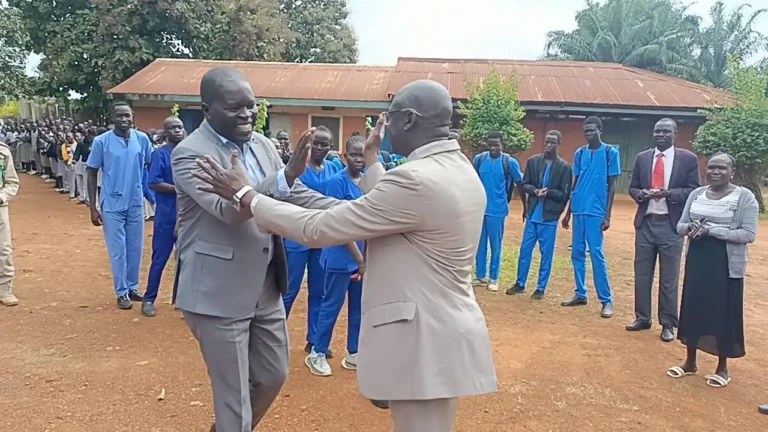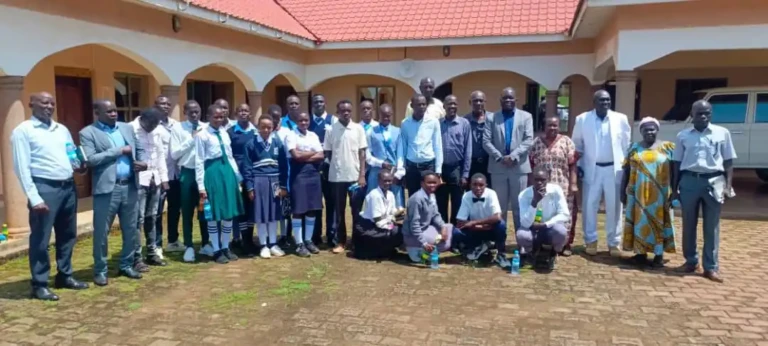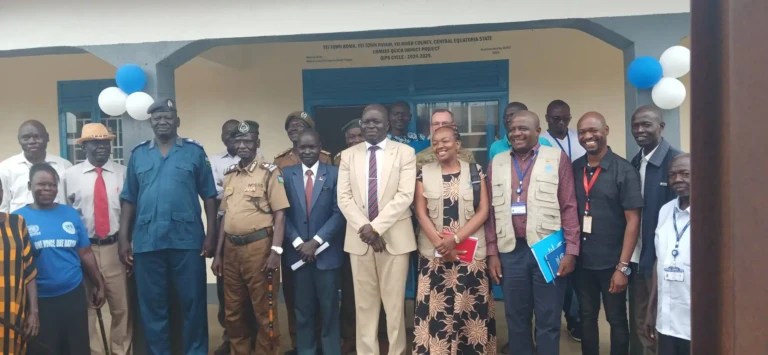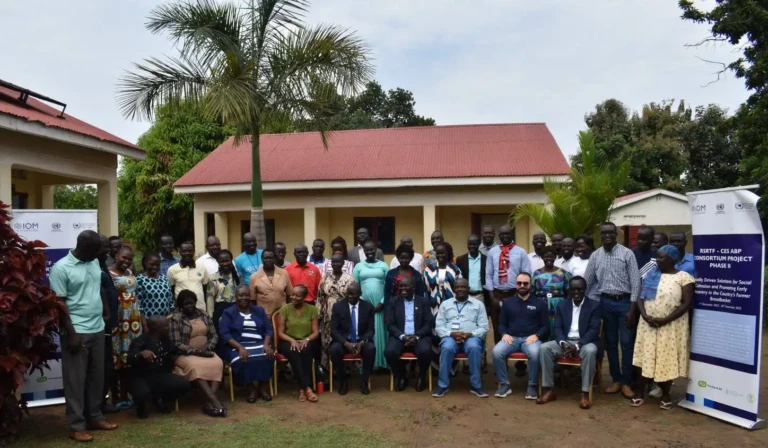
Free WiFi Launched at Upper Nile University in NCA Partnership/Photo: UPU
(JUBA) – A new chapter in digital learning opened at Upper Nile University on Saturday, 19 July 2025, with the official launch of campus wide WiFi during a student welcoming ceremony in Juba.
The initiative, themed “Advancing Education Through Connectivity,” was implemented through a partnership between South Sudan’s National Communication Authority (NCA) and the Digital Rights Foundation (DRF).
The event drew participation from senior university officials, representatives from the Ministry of Information and Communication and hundreds of students.
Many praised the introduction of free wireless internet as a major step toward improving academic performance, research access, and digital literacy in the country’s higher education system.
Student Guild President Samuel Malith Bol welcomed the initiative and called on students to embrace the new technology responsibly. He encouraged his peers to remain focused on their academic goals and requested the introduction of formal training in cybersecurity.
“Connectivity is a tool. Its benefits depend on how we use it,” Bol said. “We need to understand both its power and its risks.”
Officials from the NCA echoed these sentiments, urging users to exercise caution when accessing the internet through public WiFi. Mr Unguec Stephen, Assistant Director of Cybersecurity at the NCA, stressed the importance of digital safety, warning students to avoid sharing personal information on unsecured networks.
“Awareness is the first step in defending against online threats,” he said.
Dr Margret Labanya, Director of Corporate Affairs at the NCA, praised Upper Nile University for becoming the first public institution connected under the NCA’s ongoing national internet rollout strategy. She highlighted that the project represents a broader vision of integrating digital tools into the education sector to help bridge the knowledge gap in South Sudan.
“We believe in using technology to empower students and staff alike,” said Dr Labanya. “But that empowerment must come with a strong sense of responsibility.”
This development is part of a wider digital transformation agenda in South Sudan, where internet access remains limited and expensive. According to the Ministry of Information and Communication, improving connectivity in educational institutions is a strategic goal aimed at preparing students for a competitive global job market.
Students welcomed the move, noting that they often struggle with high data costs and limited access to reliable internet in their homes. With the new campus network, learners are expected to benefit from faster research access and improved virtual collaboration.
The cost of internet data in South Sudan remains among the highest in the region, often ranging from SSP 2,000 to 5,000 per gigabyte ($0.43 to $1.09). The launch of institutional internet access offers significant financial relief for students, many of whom rely on personal mobile devices for study purposes.
The project also sets a precedent for digital inclusion efforts across other universities in South Sudan. The NCA has indicated that similar rollouts are being planned for other public institutions in Wau, Malakal and Bor.
Discover more from Access Radio Yei News
Subscribe to get the latest posts sent to your email.






